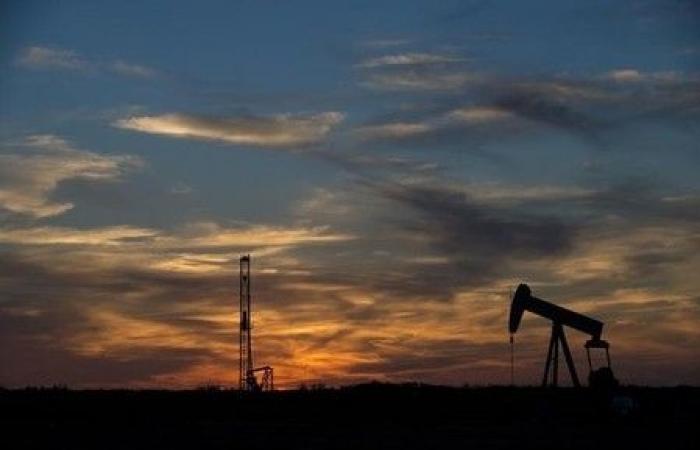Oil prices rose in Asian trading on Wednesday, despite a surprise increase in US inventories, driven by geopolitical risks linked to the conflict in the Middle East and expectations of a possible reduction in inventories during the high demand season of the third quarter.
Brent crude oil futures rose 40 cents, or 0.5 percent, to $85.41 a barrel by 0406 GMT. U.S. West Texas Intermediate crude oil futures gained 43 cents, or 0.5%, to $81.26 a barrel.
“It appears the market is discounting demand concerns for now, anticipating inventory reductions during the peak demand season of the third quarter. Official figures from the Energy Information Administration (EIA ) on stocks today will provide additional guidance to the market on the trend,” said Suvro Sarkar, energy sector team leader at DBS Bank.
The American Petroleum Institute (API) reported that U.S. crude oil inventories increased by 914,000 barrels in the week ended June 21, according to market sources briefed on the data. Analysts polled by Reuters expect crude inventories to have fallen by almost 3 million barrels last week.
Official U.S. government data from the EIA on oil and fuel inventories is due at 1430 GMT.
Despite near-term pressure from a stronger dollar and bearish data on U.S. crude oil inventories, the market is likely to find support based on continued OPEC+ cuts and stronger seasonal demand in the during the third quarter, said Warren Patterson, head of commodities strategy at ING.
“Our balance sheet suggests that the (global) market will be in deficit of around 1.5 million barrels per day in the third quarter due to continued OPEC+ cuts and stronger seasonal demand that we are seeing usually in the third quarter We are already seeing signs of tightening with a stronger physical market in the North Sea.
Additionally, growing geopolitical risks with Houthi attacks in the Red Sea and growing hostilities between Israel and Hezbollah in Lebanon are also supportive for oil prices, said DBS’s Sarkar.
Yemen’s Houthi group, allied with Iran, has launched drone and missile attacks on shipping lanes since November, saying it stands in solidarity with Palestinians in Gaza in the war between Israel and Hamas. This disrupted shipping in the Red Sea corridor, fueling concerns over cargo flow.
So far, the Houthis have sunk two ships and seized another. On Tuesday, they said they used a missile to hit a ship in the Arabian Sea.






